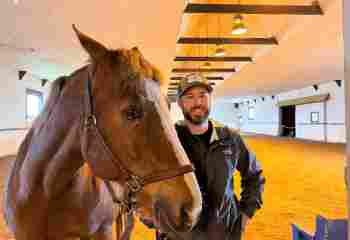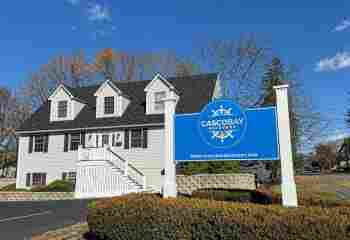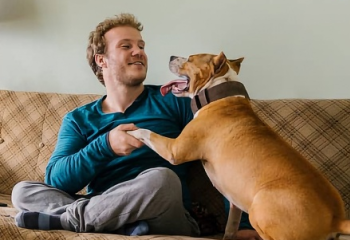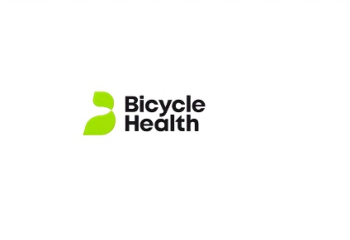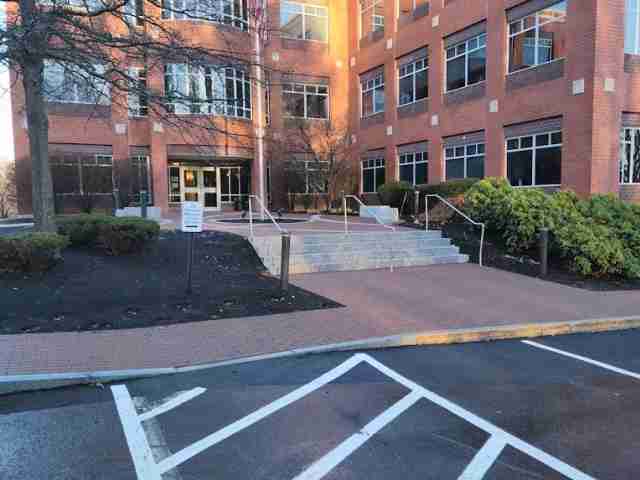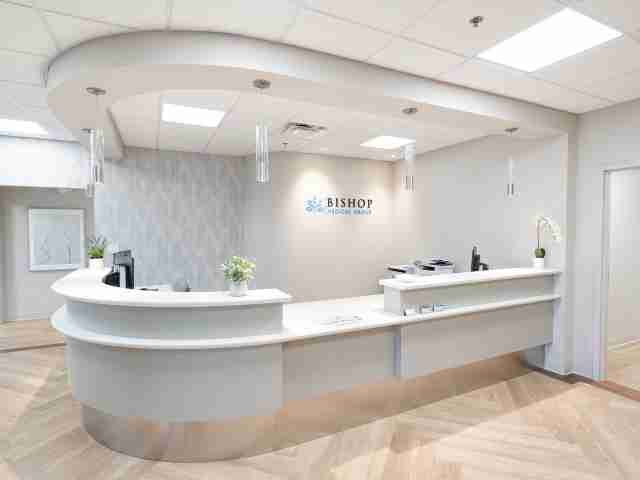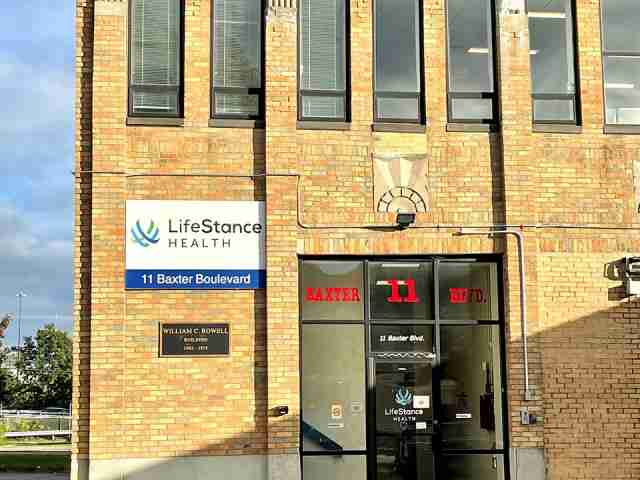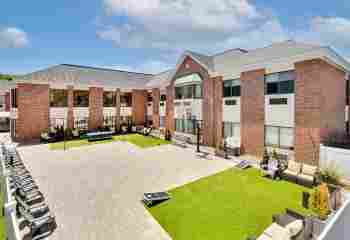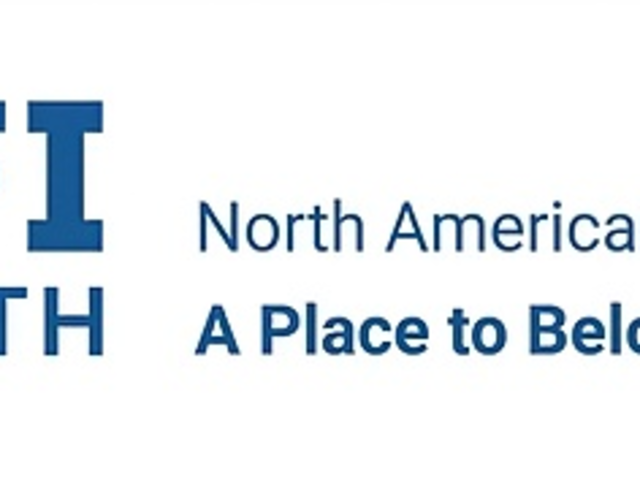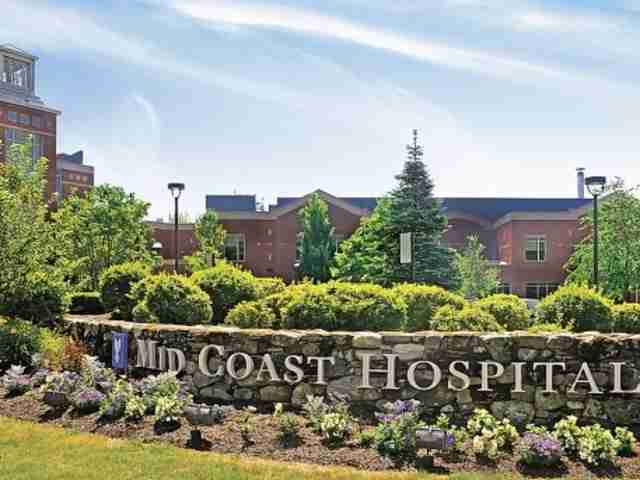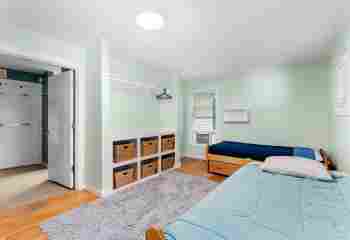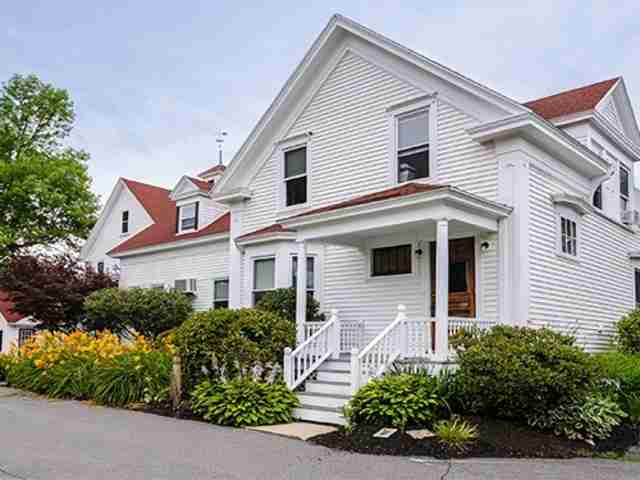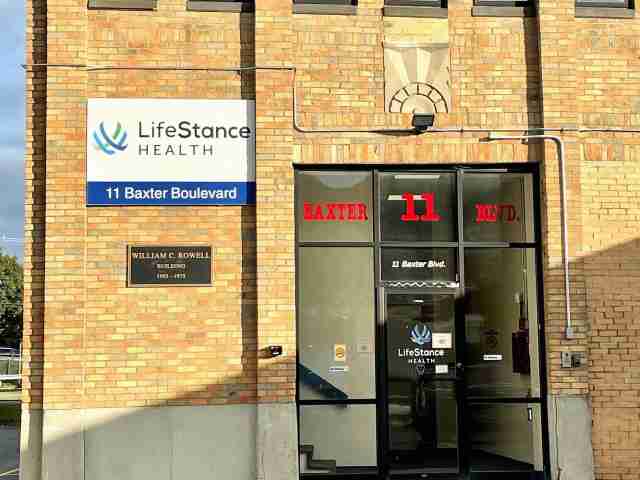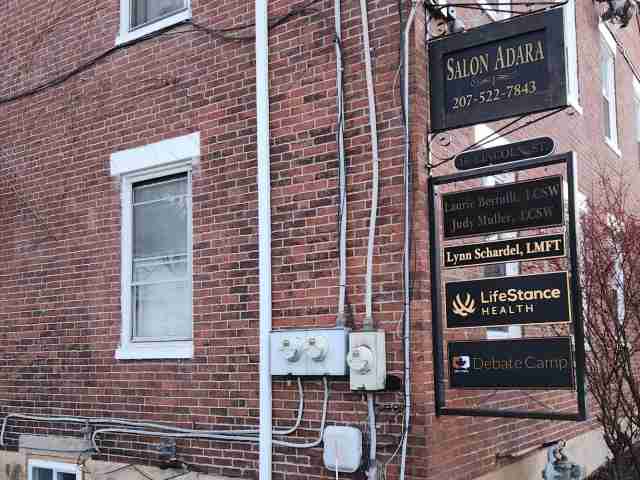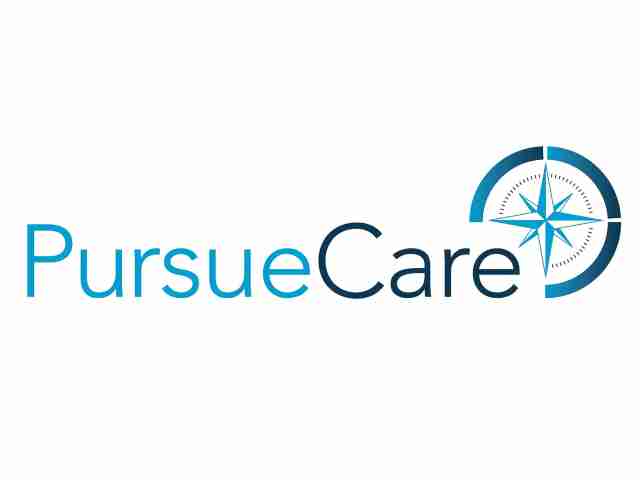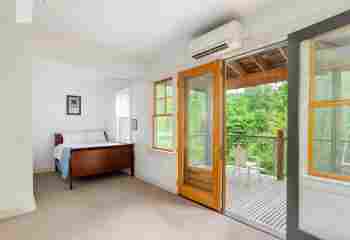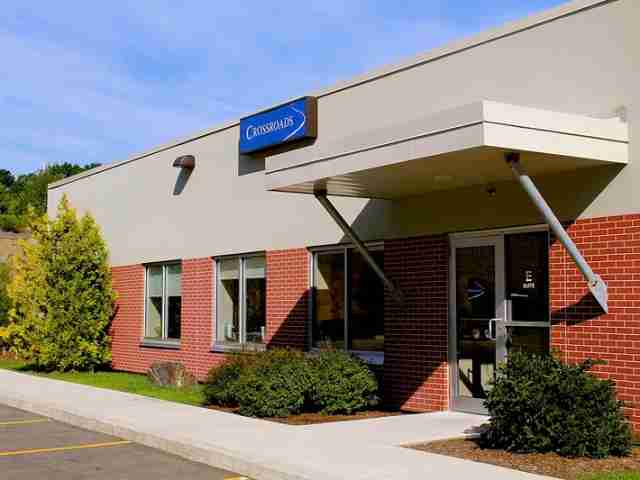More About Anxiety Treatment Centers
According to NIH, more than 30% of people are likely to have a disabling anxiety disorder at some stage throughout their lifetime. While it's safe to assume everyone experiences some form of anxiety in their life, we all experience it differently. In some instances, it's something that never goes away and must be treated professionally.
Anxiety can look and feel differently to different people, but some common signs and symptoms of anxiety include:
- Feelings of nervousness
- An inability to relax
- Worrying that people are angry with you
- Ruminating about events from the past
- Worrying about what will happen in the future
- Feeling withdrawn and disconnected from your reality
Often, anxiety can stem from a deep-seated past trauma that goes unacknowledged. Perhaps it's too difficult to deal with it alone, or perhaps we're unaware of this effect. In either case, one-on-one therapy and other treatments like equine assisted psychotherapy and mindfulness can be effective ways to safely uncover trauma and overcome anxiety.
Where Can I Get Treatment For Anxiety?
Many centers treat mental health disorders like anxiety, and some even specialize in them. As a common mental health issue, anxiety may be treated on its own or as a co-occurring disorder. Learn more about anxiety treatment in our article on treatment options for anxiety.
What Therapies Are Used to Treat Anxiety?
The most common therapy used to treat anxiety is cognitive behavioral therapy (CBT). Some other therapies include exposure therapy, dialectical behavioral therapy (DBT), and acceptance and commitment therapy (ACT). Many treatment centers offer these therapies and more to help treat anxiety.
Cognitive behavioral therapy (CBT) teaches you to address issues by reframing your perspective. It's a practical form of therapy because you'll learn better ways to respond to stress, triggers and limiting beliefs.
Dialectical behavior therapy (DBT) incorporates aspects of mindfulness into thoughtwork. Unlike CBT, DBT teaches you to accept your feelings, rather than challenge them. In DBT you'll learn to validate your own emotions, even the painful ones.
Acceptance and commitment therapy is a good fit for individuals who constantly ruminate on negative thoughts and then get upset at yourself for always being negative. This therapy teaches you to accept unwanted emotions and to focus on the parts of life that you value.
How Can I Pay For Anxiety Treatment?
Many treatment centers accept insurance to help cover program costs. You can look at the center's website to see which insurance providers are accepted, or contact their admissions team for more details. You can also browse centers that accept insurance and treat anxiety using the website search feature. Most also offer payment plans and financing options, and some have scholarship funds available.
Continuum of Care for Anxiety
Treatment for anxiety comes in many shapes and sizes. The levels of care you can receive to treat anxiety include:
- Private therapy - Many professional counselors offer specialized therapy aimed at uncovering the root of your anxiety and treating the symptoms. If weekly or bi-weekly sessions with your counselor are not enough support for you, you can attend a higher level of care.
- Intensive outpatient program (IOP) - At an IOP, you will participate in longer therapy sessions (individual and group) multiple times a week.
- Partial hospitalization program (PHP) - This level of care meets 5 days a week for 6-8 hours per day.
- Residential treatment is an even higher level of care that can help you regain stability and treat your symptoms if you are not able to maintain your independence or if you require 24/7 support
What Kinds Of Therapies Are Used to Treat Anxiety?
Treatment for anxiety usually includes a combination of therapy sessions, complementary activities, and leisure time, depending on the program. Schedules differ from center to center, but your day might look something like: waking up early and enjoying a healthy breakfast with fellow clients and/or staff, moving your body with a yoga or fitness class and attending individual and group therapy sessions. The most common forms of therapy used to treat anxiety include:
- Cognitive Behavioral Therapy (CBT) - This therapy is one of the most widely used and effective forms of treating anxiety. It focuses on identifying and challenging negative thoughts and beliefs that are not serving you.
- Acceptance and Commitment Therapy (ACT) - This form of therapy uses the principles of mindfulness to create a rich and meaningful life by accepting that pain is often inevitable. You will learn to act in accordance with your values and navigate life's obstacles feeling empowered.
- Dialectical Behavior Therapy (DBT) - this therapy focuses on the practical application of regulating your emotions and tolerating stress, which can be especially helpful for people with intense reactions and anxiety.
- Mindfulness-Based Stress Reduction - This therapy teaches you to be present in the moment and to accept your internal emotions and your external experiences without judgment.
How To Find Support
Whether you choose to see a counselor or attend any level of care for anxiety, support from your loved ones is crucial to managing your symptoms. Family and friends can offer support by learning about how anxiety manifests in your behavior, attending therapy sessions, listening with an open mind, offering reassurance of their love and reminding you that things will indeed get better.








